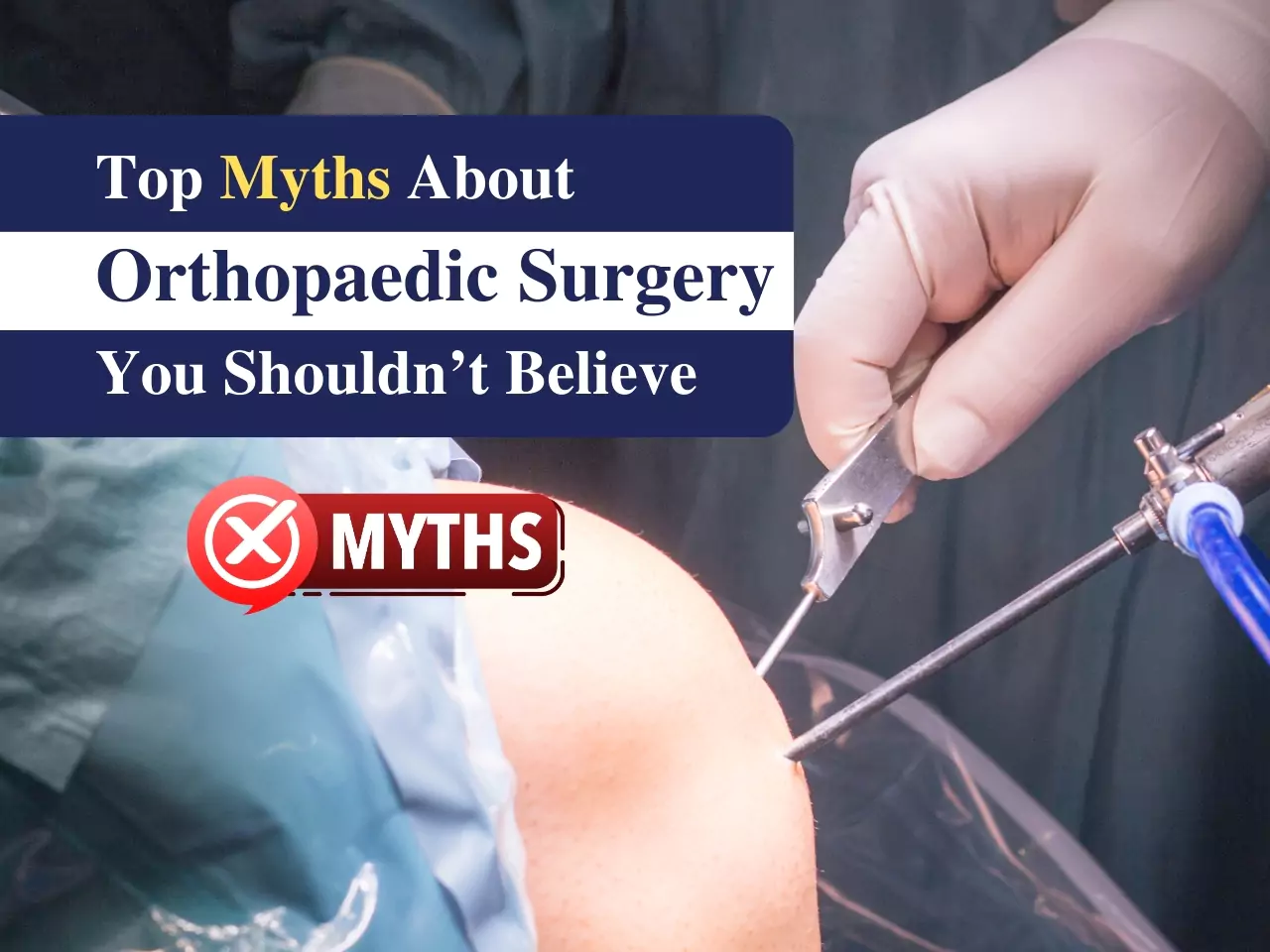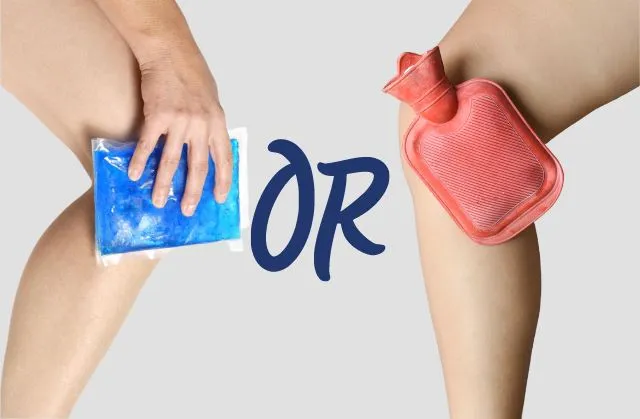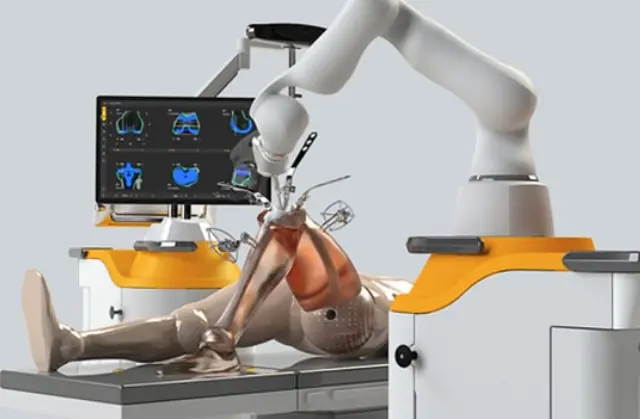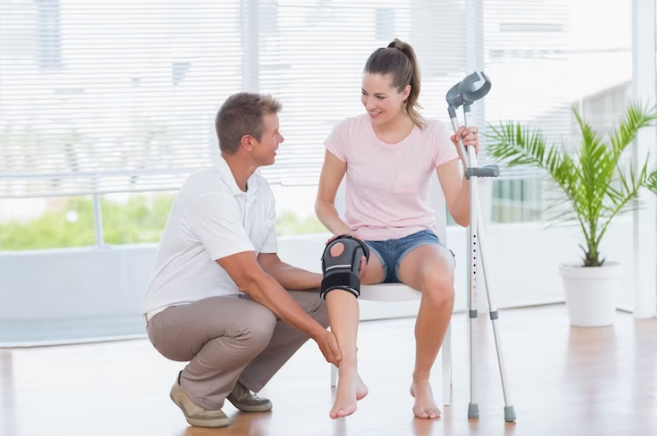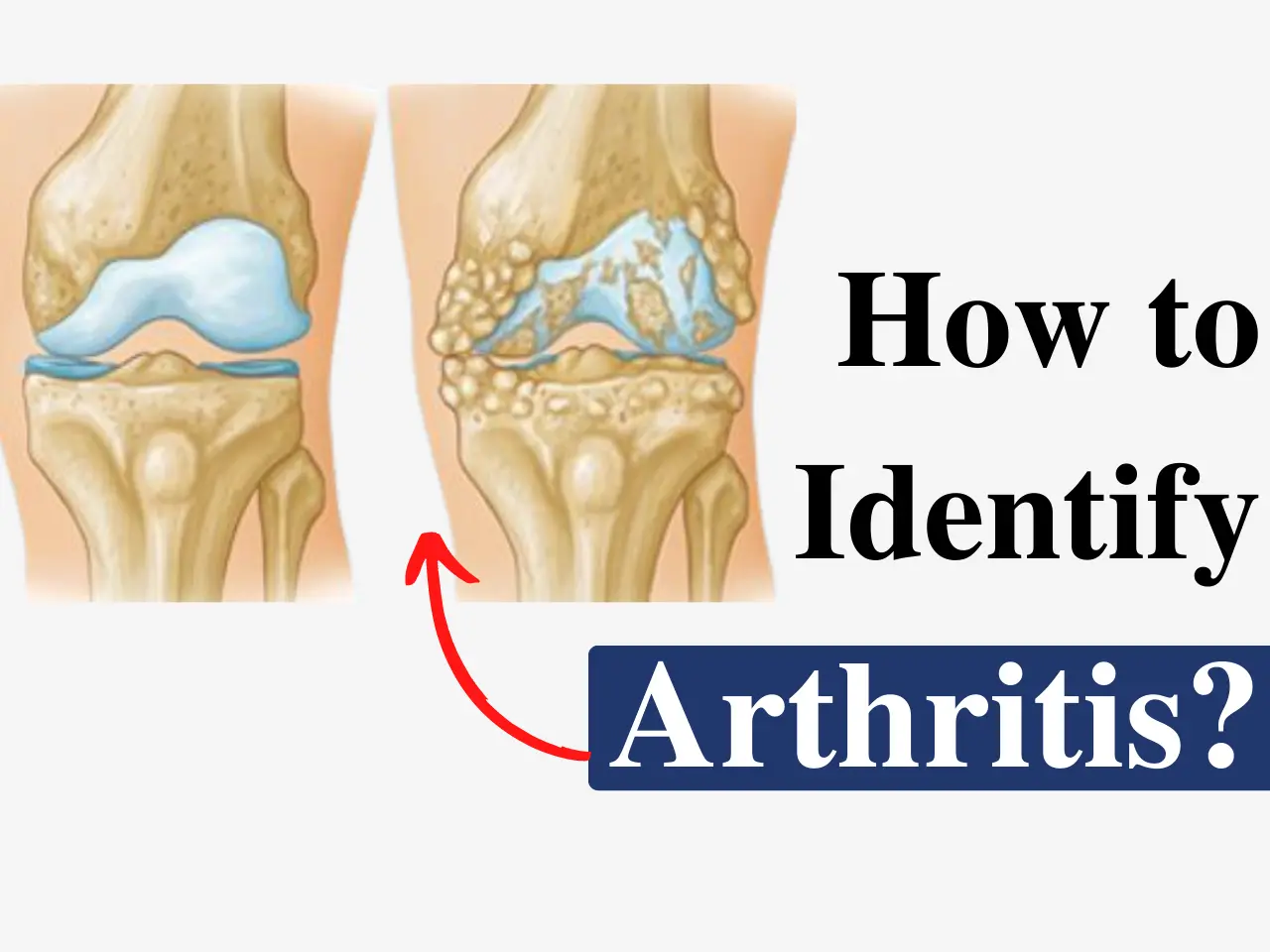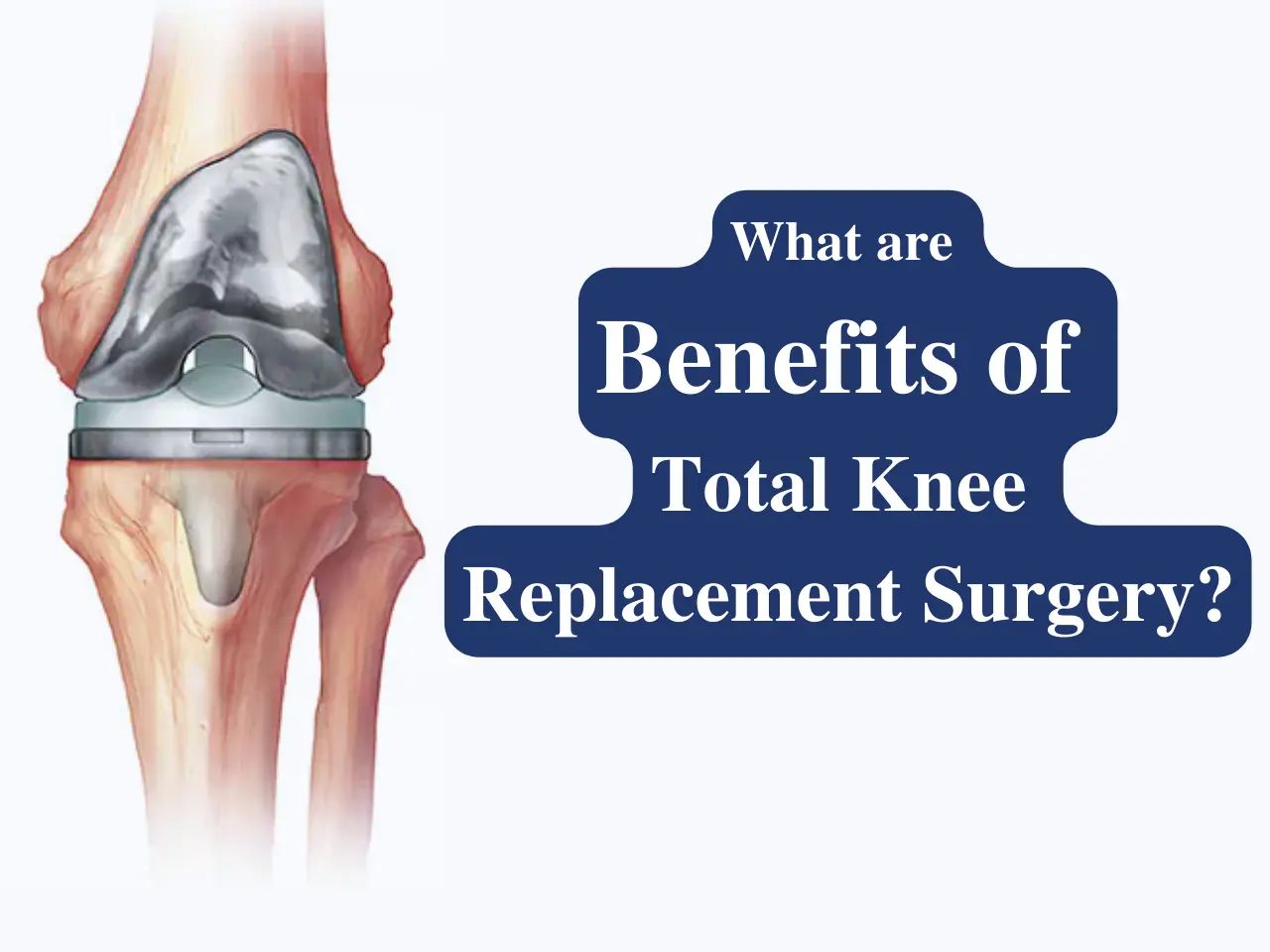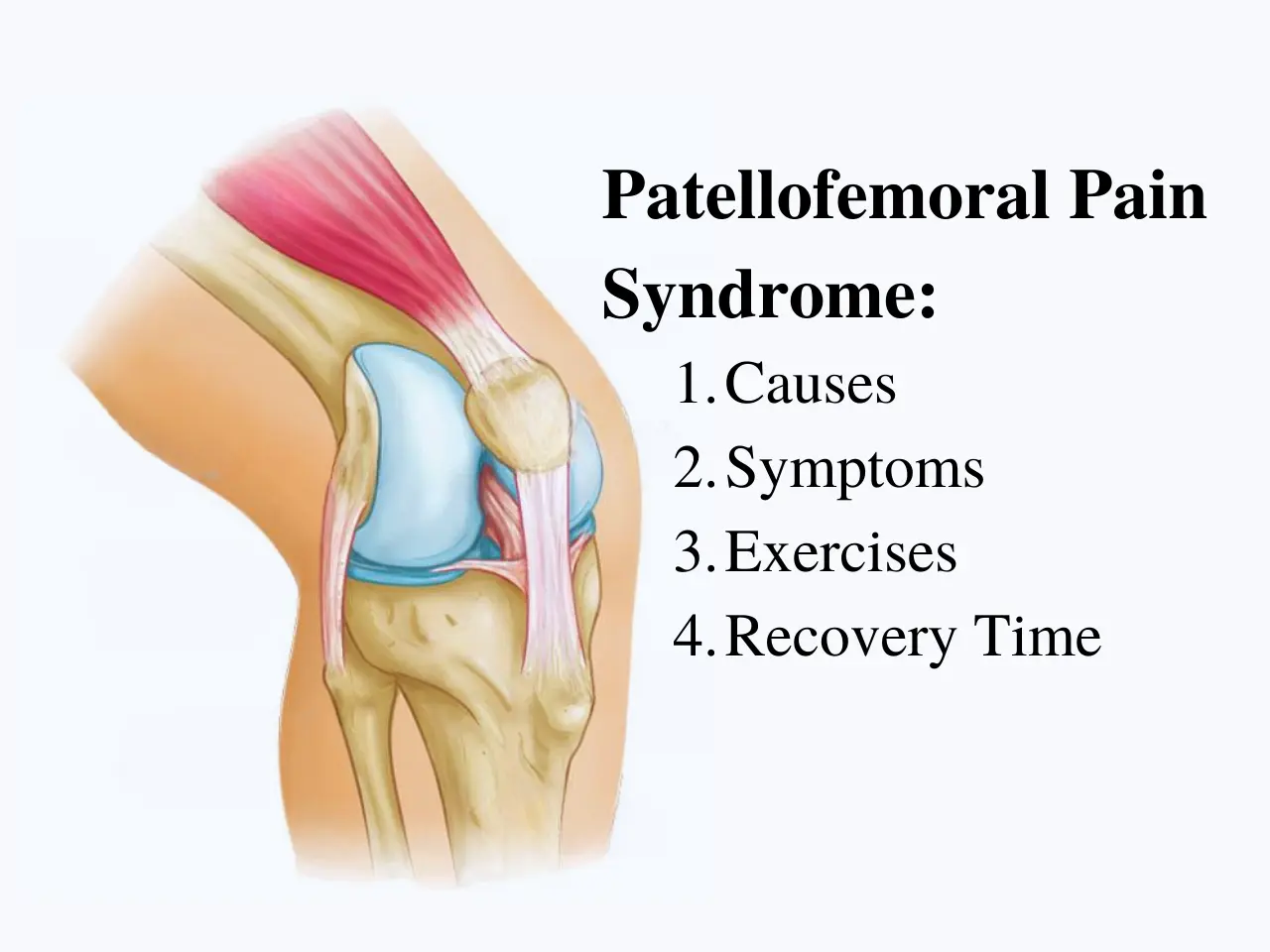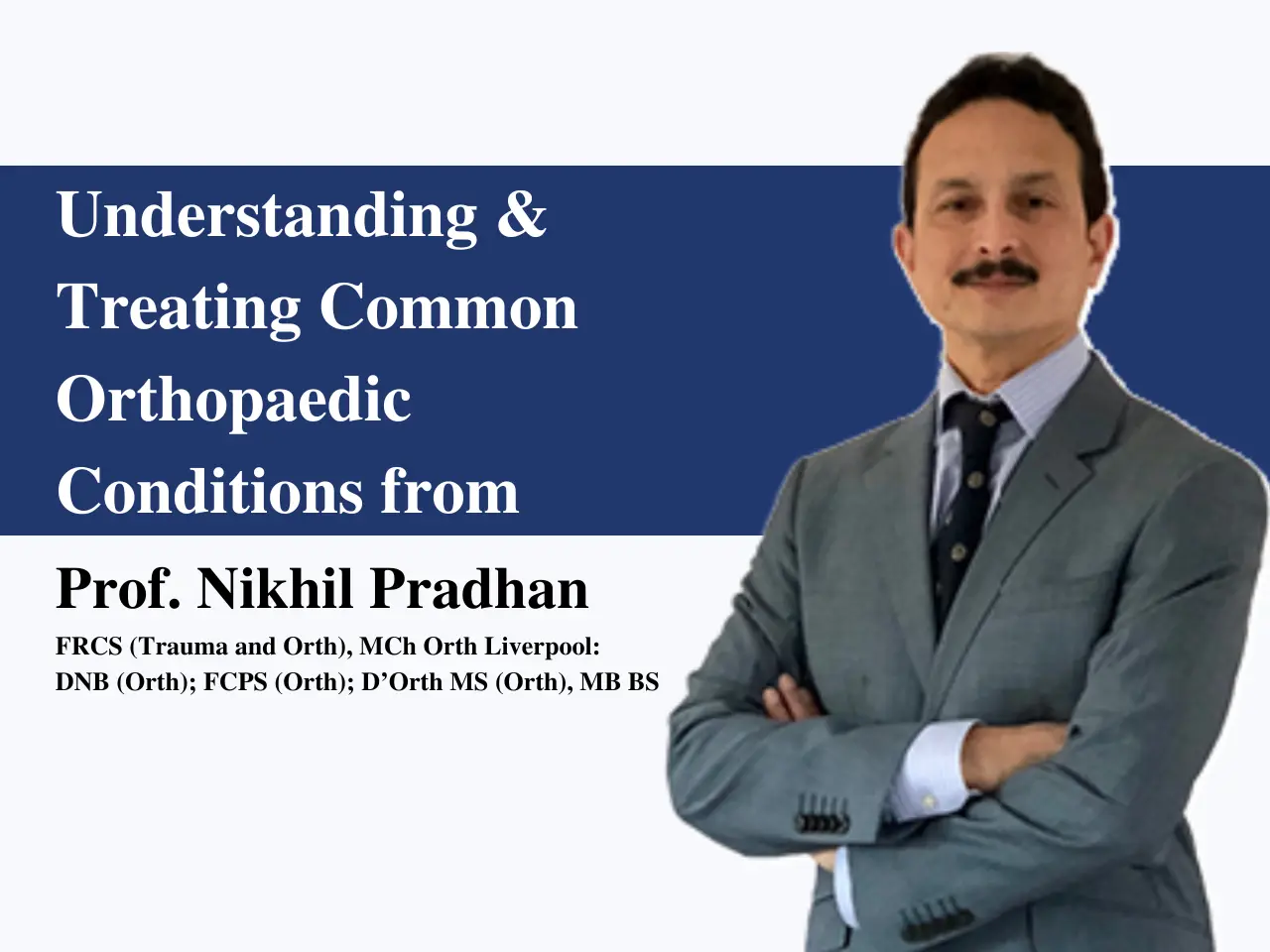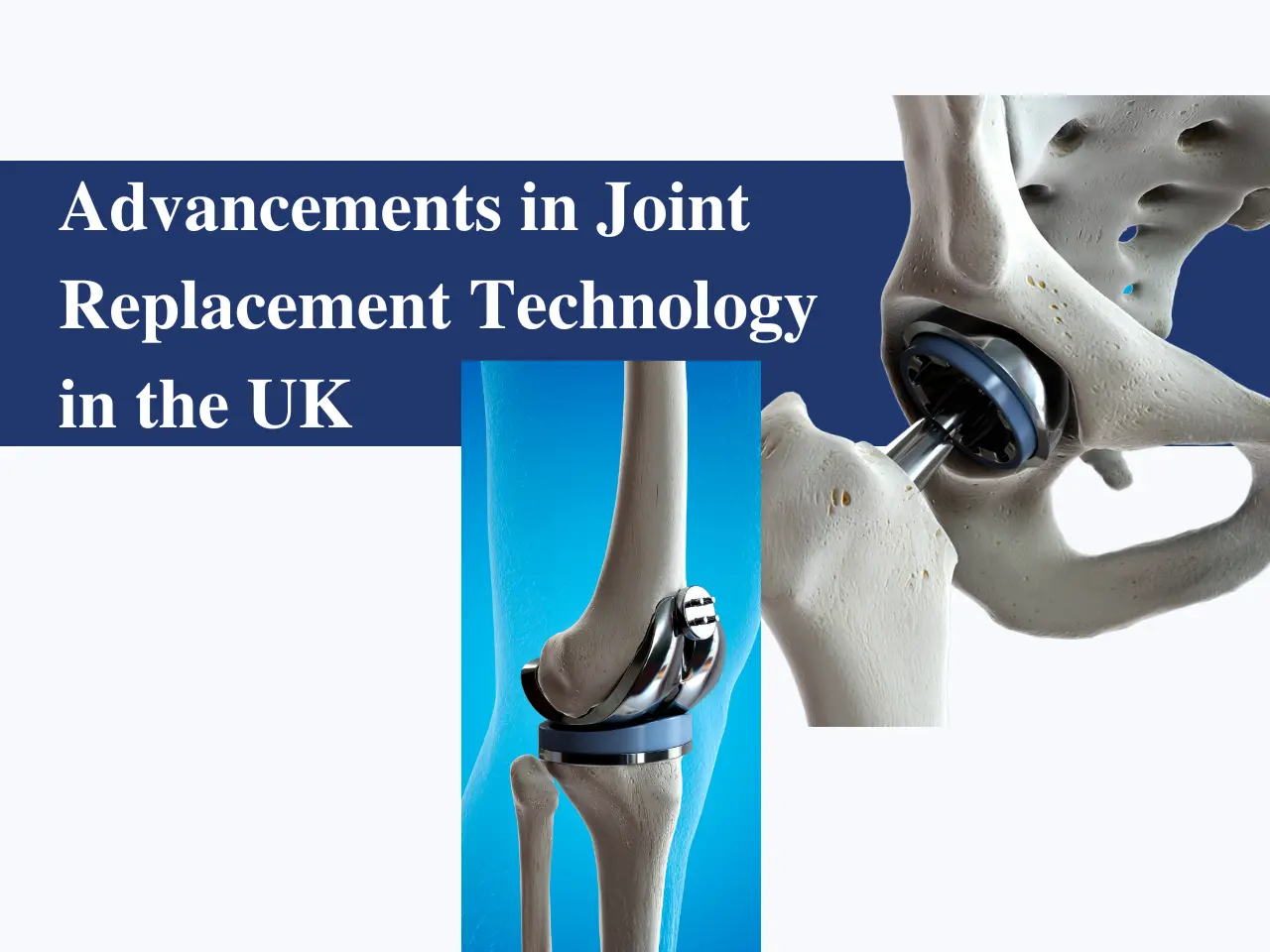Orthopaedic surgery has advanced dramatically in recent years, offering life-changing solutions for individuals suffering from musculoskeletal problems.
Yet, despite the medical progress, misconceptions and myths around orthopaedic procedures continue to circulate—often discouraging people from seeking timely treatment.
As a highly respected Orthopedic Surgery doctor in Cheshire, Mr. Nikhil Pradhan has witnessed firsthand how misinformation can delay diagnosis and treatment.
With over 30 years of experience, he has successfully treated thousands of patients with complex orthopaedic conditions.
In this blog, we’ll debunk the most common Orthopedic Surgery myths and provide you with facts you can trust.
What is Orthopedic Surgery?
Orthopaedic surgery is a specialized branch of medicine that deals with the diagnosis, correction, prevention, and treatment of patients with skeletal deformities – disorders of the bones, joints, muscles, ligaments, tendons, and nerves.
It includes both surgical and non-surgical approaches, depending on the severity of the condition.
From joint replacements and sports injury repairs to complex spinal surgeries, orthopaedic surgeons handle a wide variety of musculoskeletal challenges.
If you’ve ever wondered what is orthopedic surgery, it’s essentially the field that keeps you moving pain-free.
What Orthopedic Surgeon Do?
Orthopaedic surgeons are trained medical professionals who:
- Diagnose and treat injuries or disorders of the musculoskeletal system.
- Recommend rehabilitation and physical therapy.
- Perform surgeries such as joint replacements, arthroscopy, and spinal procedures.
- Advise on lifestyle adjustments to prevent further damage or injury.
When you consult an Orthopedic surgeon in Cheshire like Mr. Nikhil Pradhan, you’re not just signing up for a surgery—you’re engaging in a holistic treatment plan tailored to your condition and goals.
Top Orthopedic Surgery Myths Debunked
Myth 1: Orthopaedic Surgery Is Always the First and Only Option
Truth: Surgery is rarely the first recommendation. Most orthopaedic issues are managed through:
- Physiotherapy
- Pain management and medications
- Assistive devices like braces or orthotics
- Lifestyle modifications
Surgery is considered only when conservative treatments don’t provide relief. Mr. Pradhan emphasizes a patient-first approach, exploring all non-invasive options before recommending surgery.
Myth 2: Recovery After Orthopaedic Surgery Takes Forever
Truth: Thanks to technological innovations and modern surgical techniques, recovery times are now much shorter than before. With:
- Minimally invasive procedures
- Enhanced recovery protocols
- Early mobilization plans
Patients often return to their daily routines much quicker. Under the care of an experienced Orthopedic surgeon in Cheshire, patients are closely guided through recovery and rehabilitation.
Myth 3: Only Elderly People Need Orthopaedic Surgery
Truth: Orthopaedic issues affect all age groups. Young adults and even children may require surgical intervention for:
- Sports injuries
- Congenital bone deformities
- Trauma or fractures
Age is not the defining factor—your condition and lifestyle needs determine whether orthopedic surgery is right for you.
Myth 4: Joint Replacements Don’t Last Long
Truth: Modern implants can last 15 to 25 years or longer with proper care. Innovations in materials and surgical methods have significantly improved implant durability and performance.
Mr. Nikhil Pradhan, a reputed Orthopedic Surgery doctor in Cheshire, uses advanced prosthetics with high success and satisfaction rates among patients.
Myth 5: You’ll Never Be Able to Walk Normally Again
Truth: Most patients regain full or near-full mobility after surgery. In fact, many people report improved movement and reduced pain compared to pre-surgery.
- Personalised physiotherapy
- Strength-building routines
- Gradual activity increase
All play a role in achieving a successful recovery.
Myth 6: Orthopaedic Surgery Is Extremely Risky
Truth: Like any medical procedure, orthopaedic surgeries have risks, but serious complications are rare, especially under skilled hands. Safety measures include:
- Pre-surgical health assessments
- Precision tools and imaging
- Intraoperative monitoring
Choosing a highly experienced Orthopedic Surgery doctor in Cheshire like Mr. Pradhan significantly reduces risks.
Myth 7: Pain After Surgery Is Unbearable
Truth: Pain is manageable and typically decreases within days to weeks after surgery. With:
- Advanced anesthesia
- Post-op pain control
- Targeted physiotherapy
Patients feel more comfortable than they often expect. Effective communication with your orthopaedic surgeon ensures personalized pain management strategies.
Why It’s Crucial to Get the Facts Right?
Impact of Misinformation on Patient Decisions
Believing in myths can:
- Delay proper diagnosis and treatment.
- Lead to unnecessary suffering or complications.
- Increase anxiety around surgery or rehabilitation.
Understanding the facts helps patients make confident, informed decisions about their health.
Trusting an Experienced Orthopaedic Surgeon Matters
When you’re dealing with joint pain or a bone disorder, choosing the right specialist makes all the difference. With three decades of surgical excellence, Mr. Nikhil Pradhan offers:
- Personalised treatment plans.
- Transparent guidance based on facts, not fear.
- High surgical success rates and patient satisfaction.
If you’re searching for a trusted Orthopedic surgeon in Cheshire, Mr. Pradhan’s reputation speaks for itself.
Final Thoughts – Empower Yourself with the Right Knowledge
Orthopaedic surgery doesn’t have to be intimidating. By separating Orthopedic Surgery myths from reality, you can approach treatment with confidence.
Don’t let misconceptions keep you from living a pain-free, active life.
For expert evaluation and compassionate care, book your consultation with Mr. Nikhil Pradhan, the leading Orthopedic Surgery doctor in Cheshire today.
FAQs
Q1: What is orthopedic surgery commonly used for?
Orthopaedic surgery treats issues like arthritis, fractures, torn ligaments, and joint replacements. It restores function and relieves pain in the musculoskeletal system.
Q2: How do I know if I need to see an orthopedic surgeon in Cheshire?
If you’re experiencing chronic joint pain, stiffness, or movement limitations, it’s best to consult an orthopaedic specialist like Mr. Nikhil Pradhan for a diagnosis.
Q3: Is it true that joint replacement surgeries are extremely painful?
Modern anesthesia and post-operative care make these surgeries far less painful than people think. Most discomfort is temporary and manageable.
Q4: How long does it typically take to recover from orthopedic surgery?
Recovery time varies depending on the procedure but is significantly shorter with minimally invasive techniques and proper rehabilitation.
Q5: Can young people benefit from orthopedic surgery too?
Yes, orthopaedic surgery is suitable for individuals of all ages, especially athletes and those with trauma-related injuries or congenital conditions.

